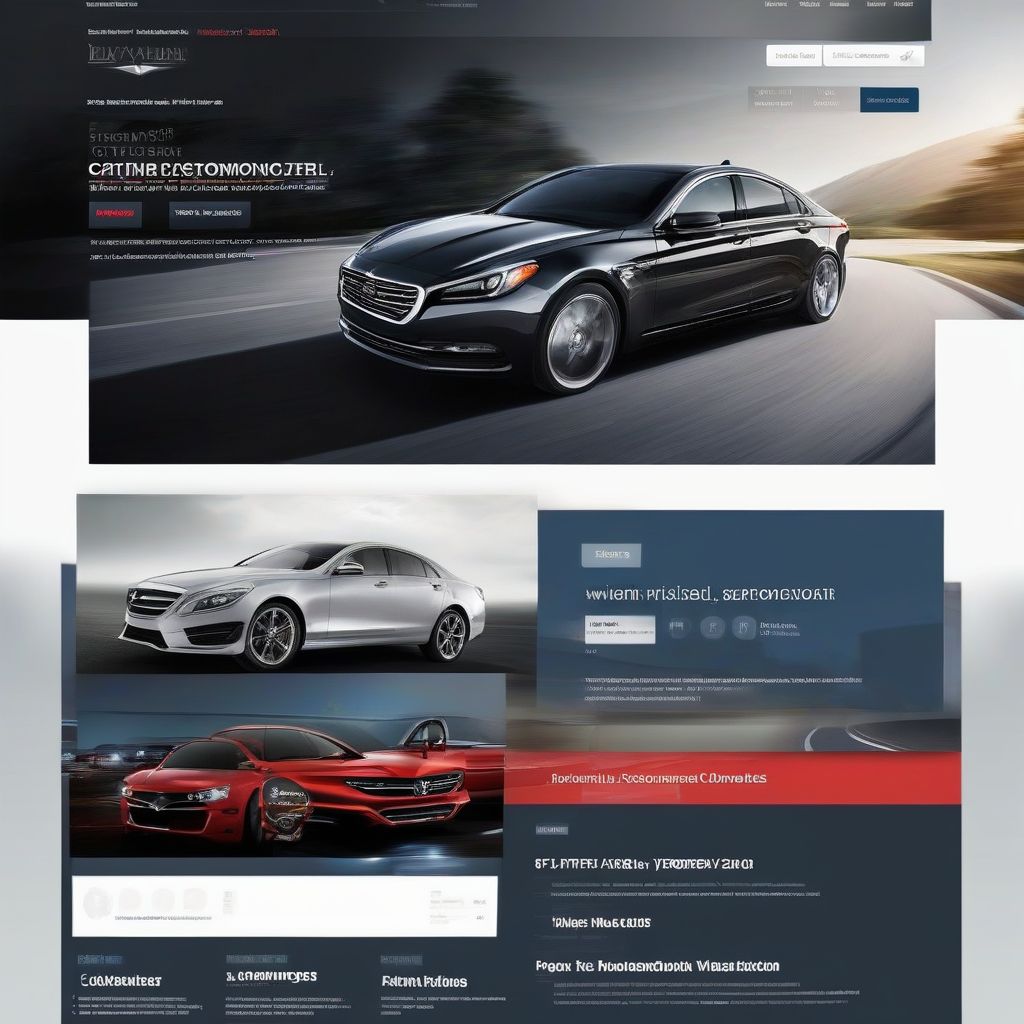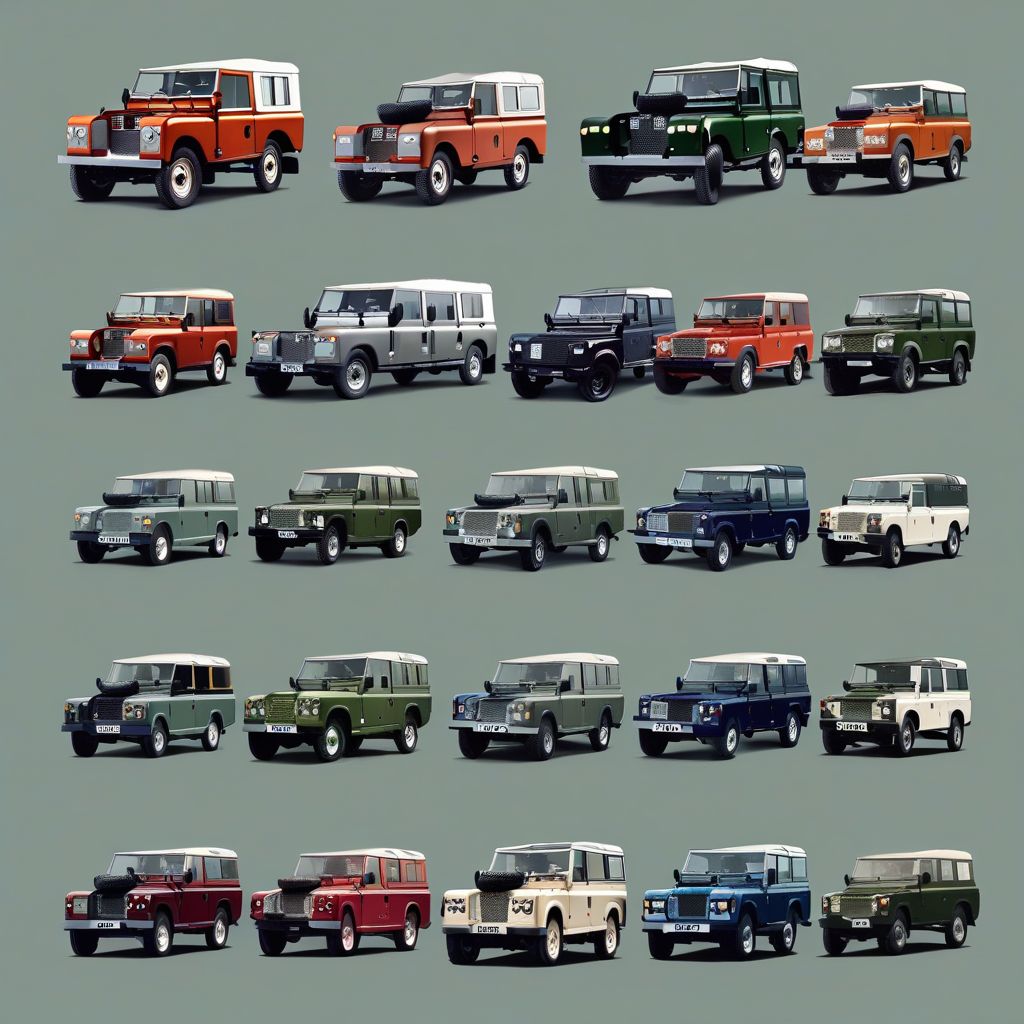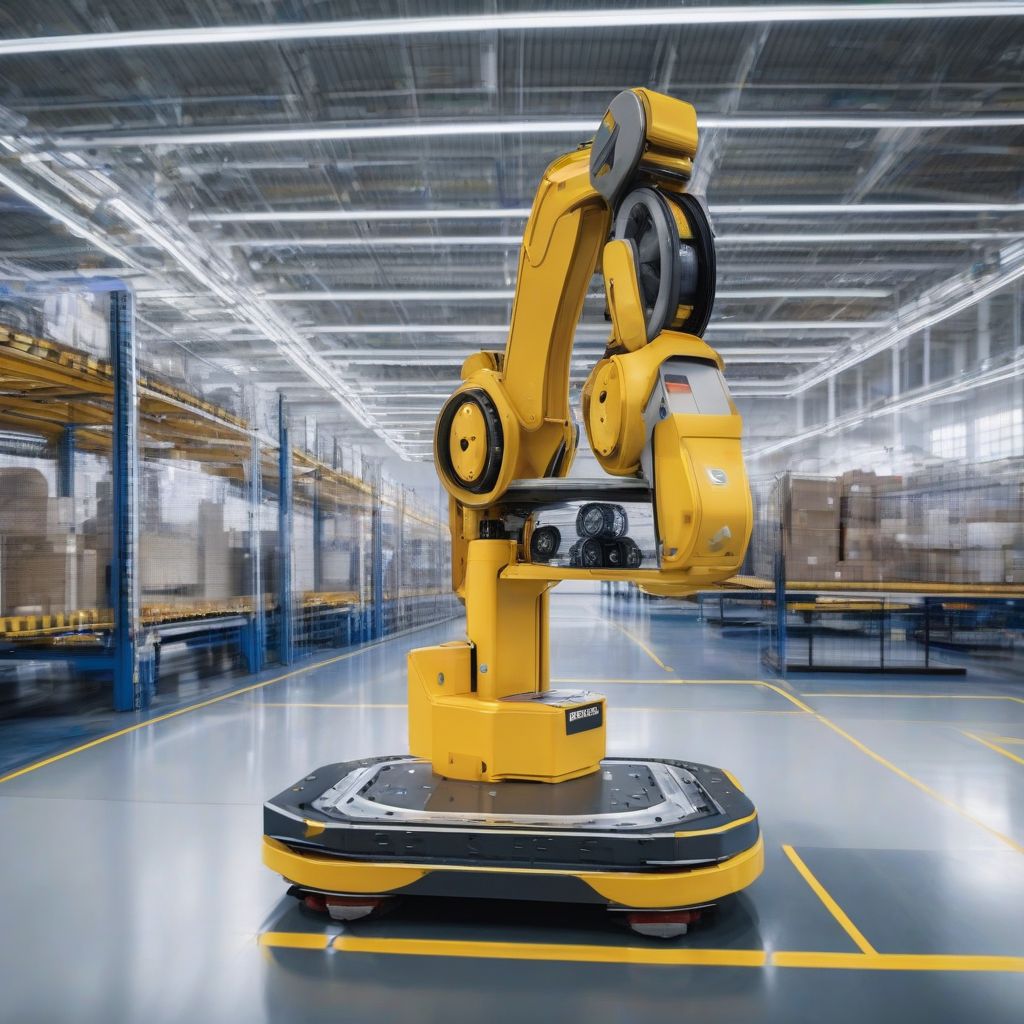The automotive industry is experiencing a seismic shift. No longer are glossy magazine spreads and flashy television commercials enough to capture the attention of today’s tech-savvy consumer. Enter Digital Automotive Marketing, the driving force behind successful car sales in the digital age. This comprehensive guide explores the intricacies of this dynamic field, covering everything from SEO and content marketing to social media and emerging technologies.
Understanding Digital Automotive Marketing
Digital automotive marketing encompasses all marketing efforts that leverage digital channels to reach and engage potential car buyers. It’s about connecting with consumers where they spend most of their time – online – and guiding them through the buyer journey, from initial research to final purchase.
But digital automotive marketing is more than just throwing up a website and hoping for the best. It requires a strategic and data-driven approach to:
- Increase brand awareness: Establishing a strong online presence allows you to familiarize potential customers with your brand, vehicles, and unique selling points.
- Generate leads: Effective digital marketing tactics, such as targeted advertising and compelling calls to action, drive high-quality leads to your sales funnel.
- Improve customer engagement: Engaging content, interactive experiences, and personalized communication foster lasting relationships with your audience.
- Drive sales: Ultimately, digital automotive marketing aims to convert leads into paying customers by providing them with the information they need to make informed decisions.
The Power of the Digital Landscape: Why it Matters for Automotive
The way people shop for cars has fundamentally changed. Gone are the days of solely relying on dealerships for information. Today, consumers are empowered by a wealth of online resources that shape their buying decisions.
Consider these statistics:
- 95% of car buyers use digital channels during their car-buying journey.
- Over 70% of car shoppers watch online videos to research vehicles.
- Social media plays a significant role, with nearly 60% of consumers finding their last vehicle purchase influenced by social media.
 Car Dealership Website
Car Dealership Website
These numbers highlight the undeniable influence of the digital landscape. Ignoring digital marketing is no longer an option for automotive businesses looking to thrive in today’s competitive market.
Key Components of a Winning Digital Automotive Marketing Strategy
A successful digital automotive marketing strategy integrates various elements to create a cohesive and impactful online presence. Here are some essential components:
1. Search Engine Optimization (SEO) & Content Marketing
SEO is the foundation of a strong online presence. By optimizing your website and content for relevant keywords like “new cars for sale,” “best SUVs for families,” or “car loan calculator,” you increase your visibility in search engine results pages (SERPs).
Content marketing plays a crucial role in attracting and engaging potential customers. This involves creating valuable and informative content such as:
- Blog posts: Provide insightful articles on car maintenance, new car releases, comparisons between models, and more.
- Infographics: Visually appealing infographics can simplify complex car features or industry trends.
- Videos: Engage viewers with test drive videos, behind-the-scenes looks at manufacturing, or customer testimonial videos.
- Ebooks and Guides: Offer downloadable resources that provide in-depth information on topics like car financing, buying used cars, or car safety features.
2. Paid Advertising & Retargeting
Paid advertising platforms like Google Ads and social media ads allow you to target specific demographics and interests with laser precision. This ensures that your message reaches the right audience at the right time. Retargeting campaigns are particularly effective in reminding users of vehicles they’ve previously viewed, keeping your brand top of mind throughout their decision-making process.
3. Social Media Marketing
Social media platforms are powerful tools for connecting with your target audience, building brand loyalty, and generating leads. By creating engaging content, running contests, and actively interacting with your followers, you can establish a strong social media presence and drive traffic to your website.
4. Email Marketing
Email marketing remains a highly effective way to nurture leads, promote special offers, and stay connected with existing customers. Building a strong email list and segmenting it based on interests and purchase history allows you to deliver personalized and relevant content that resonates with your audience.
5. Emerging Technologies: VR & AR
Virtual reality (VR) and augmented reality (AR) offer immersive experiences that can revolutionize the car buying journey. VR test drives and AR showrooms allow potential customers to experience vehicles in a whole new way, enhancing engagement and influencing purchase decisions.
Frequently Asked Questions about Digital Automotive Marketing
How much should I spend on Digital Automotive Marketing?
The ideal budget for digital marketing varies depending on factors such as your dealership size, target market, and goals. Generally, allocating 5-10% of your overall marketing budget to digital channels is a good starting point.
What are the most effective digital marketing channels for car dealerships?
While the most effective channels will vary based on your specific target audience, a combination of SEO, paid advertising, social media marketing, and email marketing is generally recommended.
How can I track the ROI of my digital marketing efforts?
Utilizing analytics tools like Google Analytics allows you to track key metrics like website traffic, lead generation, and conversions, providing valuable insights into the effectiveness of your campaigns.
What are the latest trends in Digital Automotive Marketing?
Staying ahead of the curve requires adapting to the ever-evolving digital landscape. Key trends include the rise of video marketing, personalized content, mobile-first optimization, and the increasing importance of online reviews and reputation management.
Conclusion: Driving Success in the Digital Fast Lane
Digital automotive marketing is not merely a trend – it’s the new reality of the automotive industry. By embracing the power of digital channels, dealerships and automotive businesses can reach wider audiences, engage with potential customers on a deeper level, and drive sales in today’s competitive market.
Remember, a well-executed digital marketing strategy is an investment in your future success. By staying informed, adapting to the evolving landscape, and continuously refining your approach, you can ensure your automotive business thrives in the digital age.


